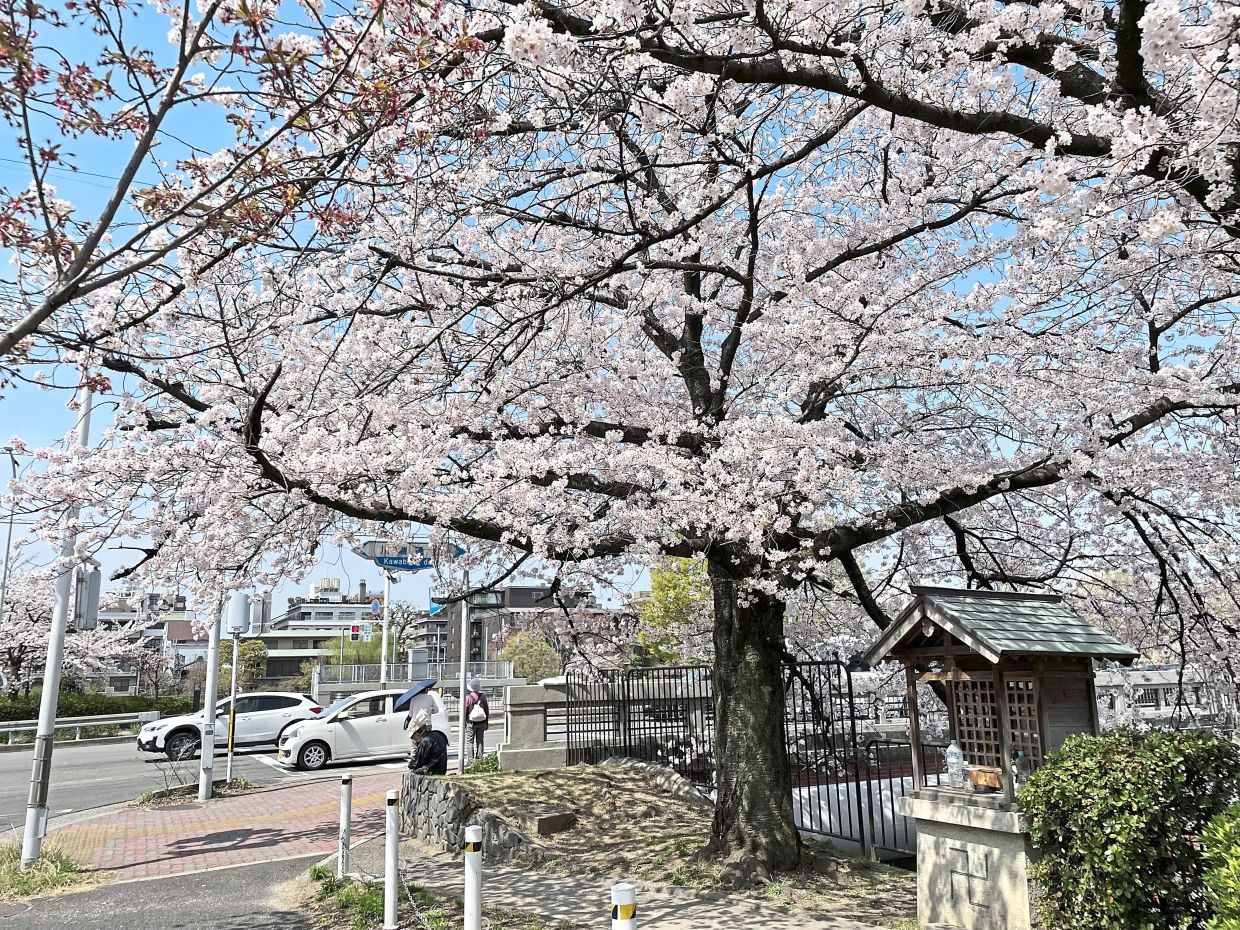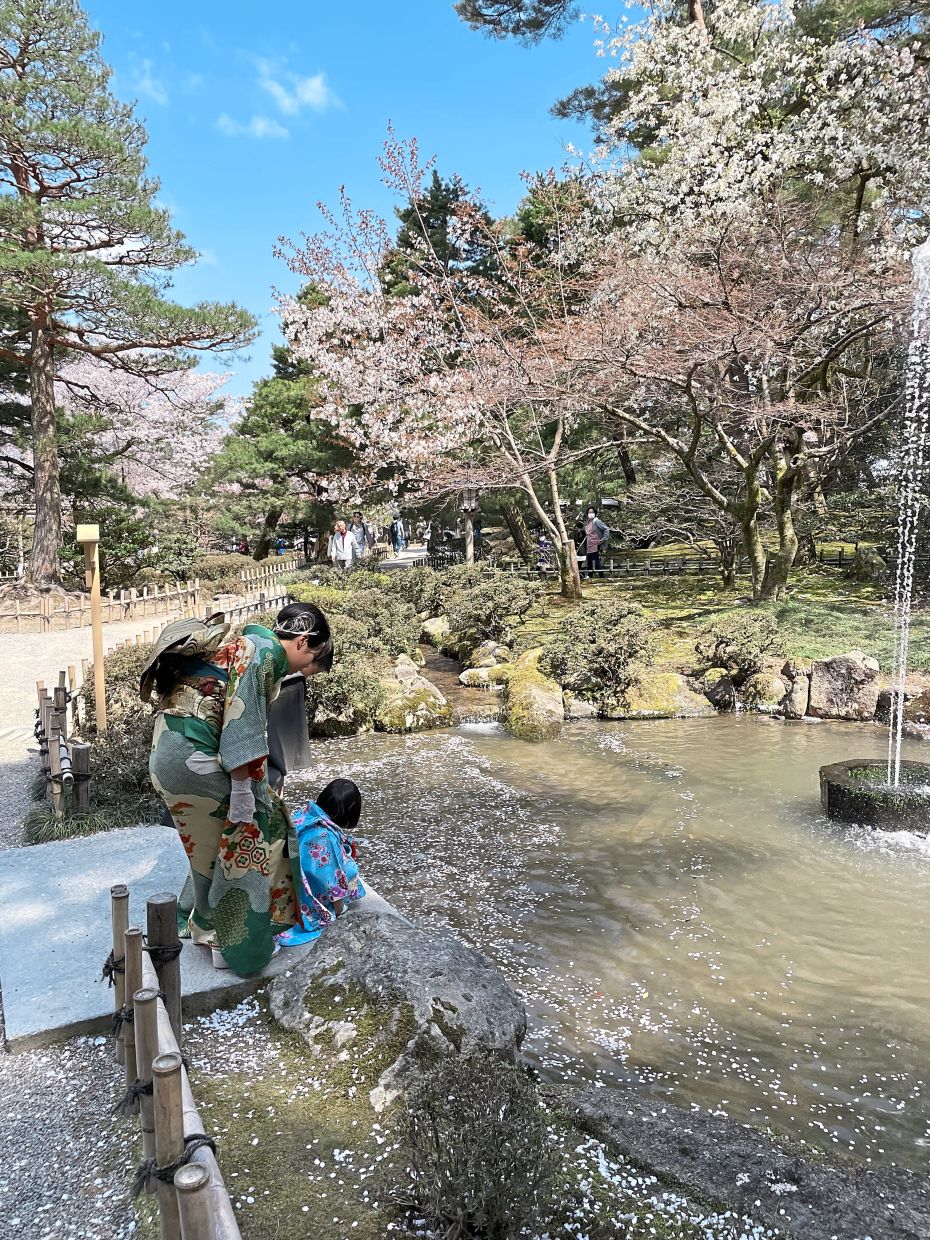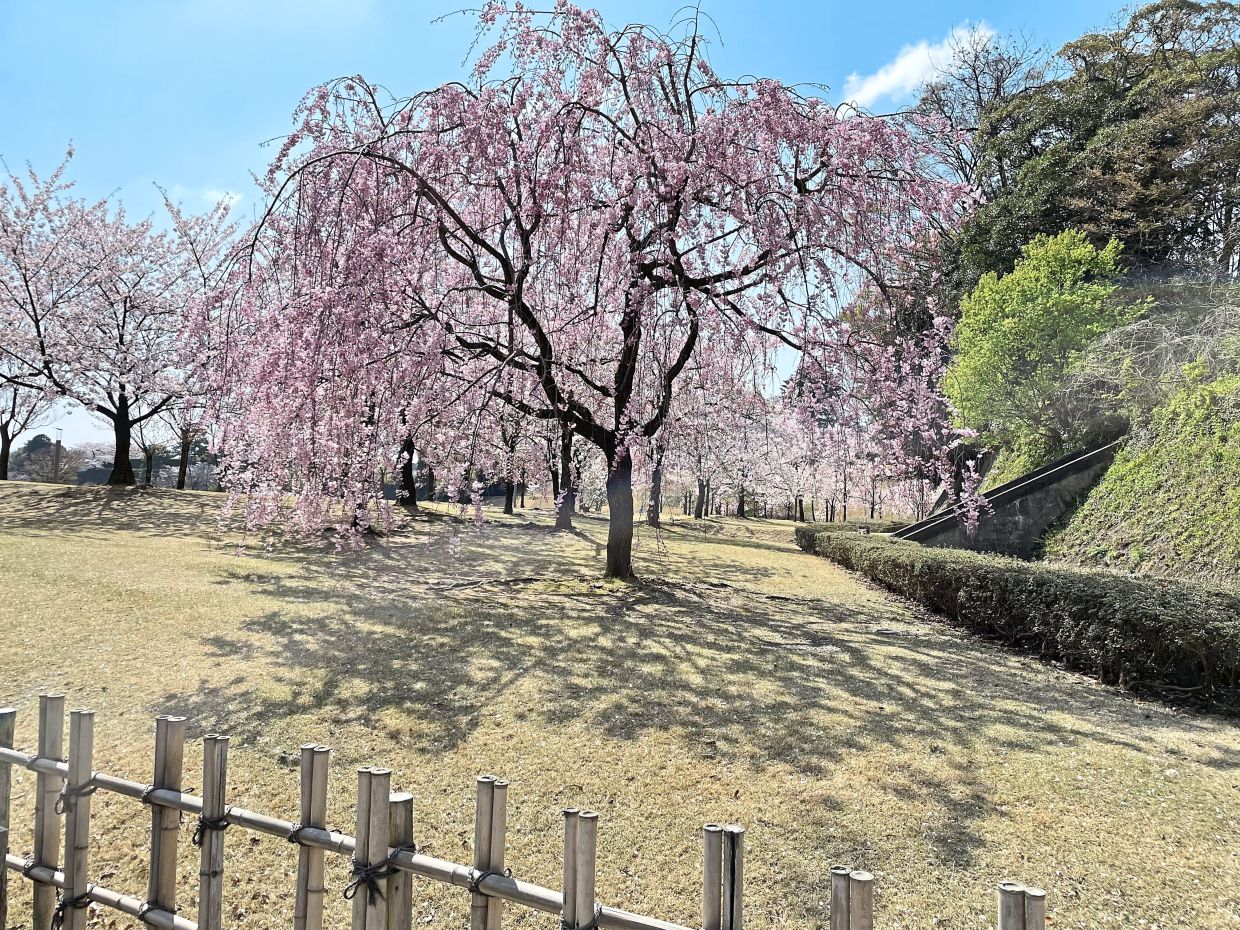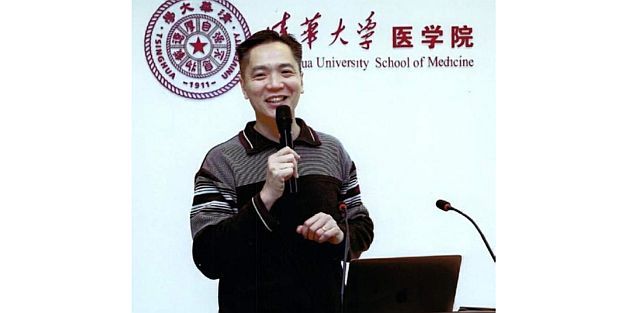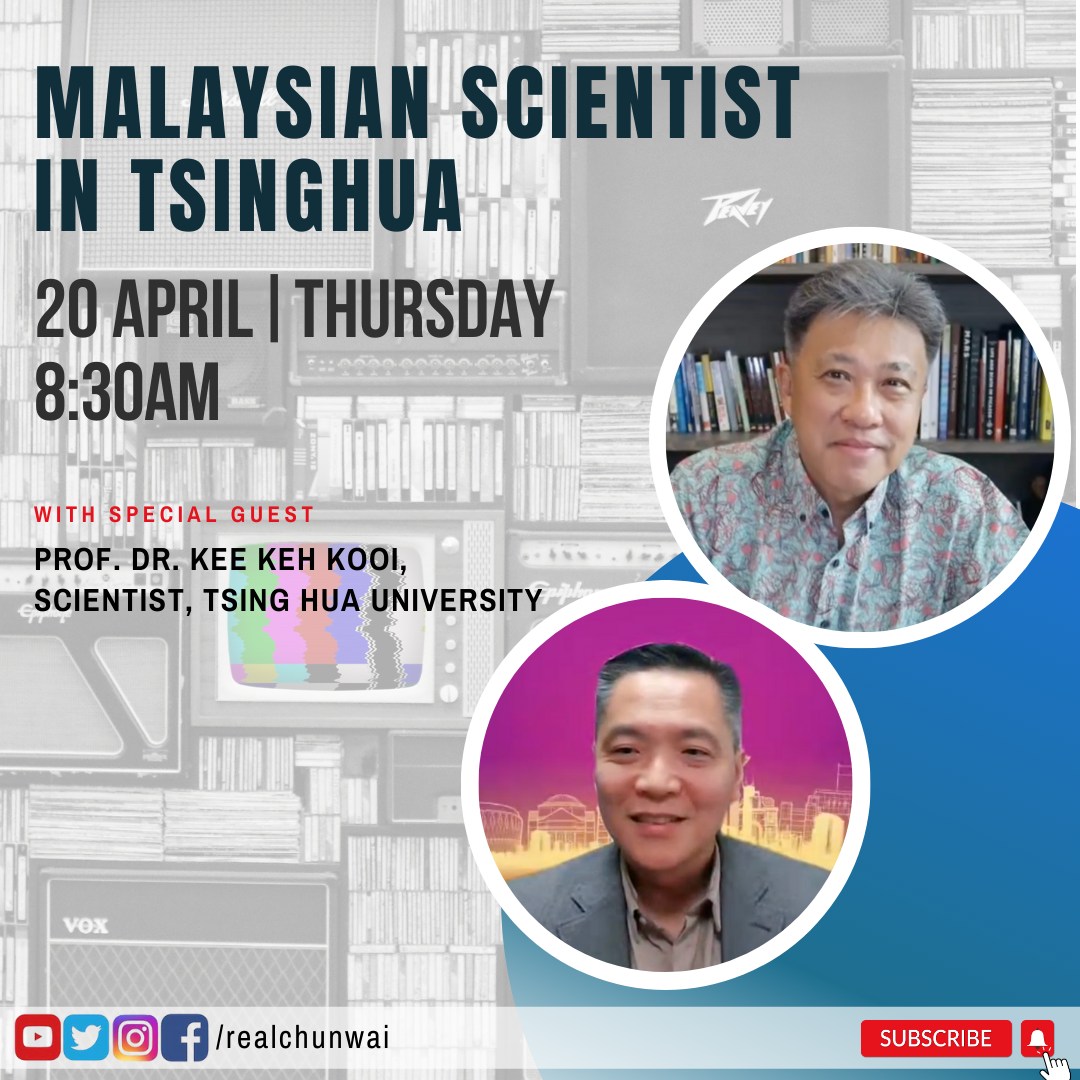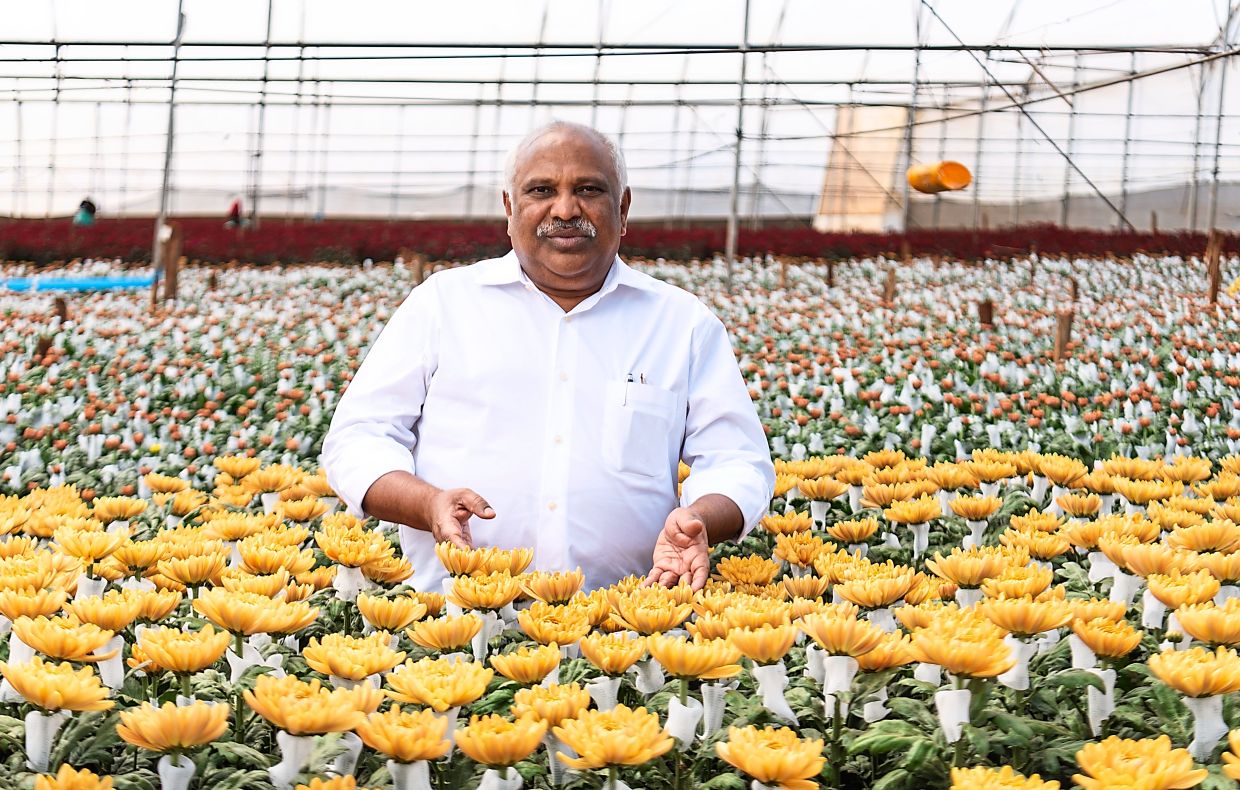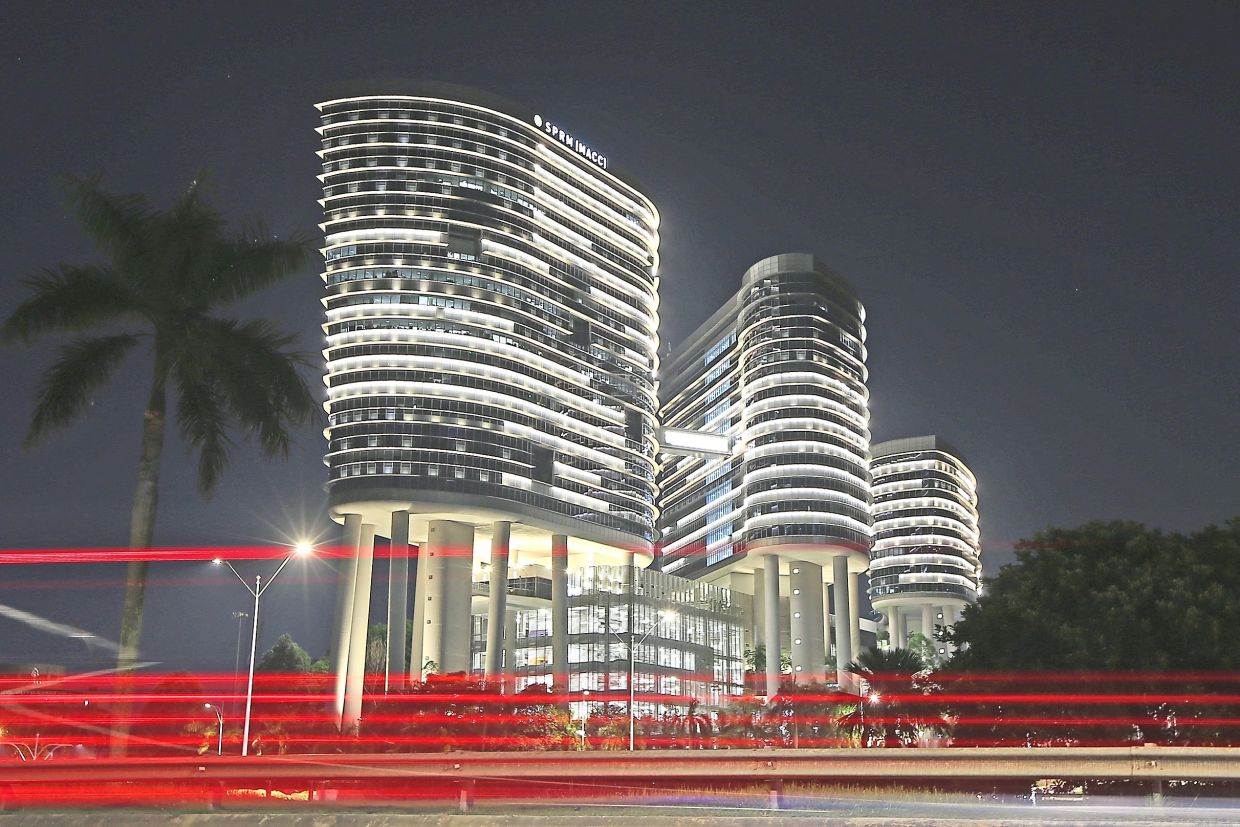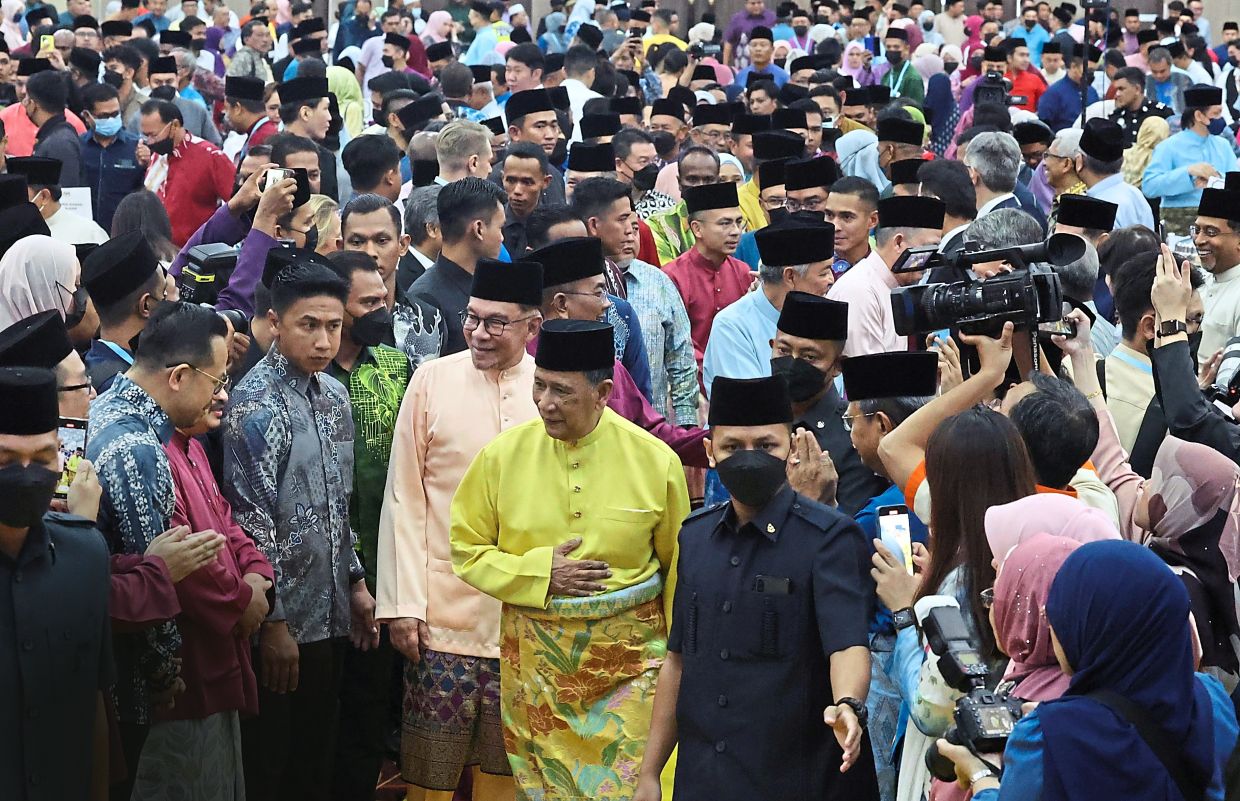
IT’S surely no coincidence that the federal government is hosting its Hari Raya open houses in the six states holding the state elections in the coming months.
As much as it wants to deny the political agenda, it’s glaringly obvious. Come on, Malaysians aren’t fools.
But there are many reasons why Perikatan Nasional leaders should be concerned because this is going to entail a charm offensive by Prime Minister Datuk Seri Anwar Ibrahim.
And we know the Pakatan Harapan president is very good at it. He is walking into the lion’s den, so to speak, and there would be no more effective way than to personally meet and greet voters.
He won’t even need to make any political speeches. His readiness for a selfie, sense of humour, wit and banter, will be the winning combination to get voters to flock by the droves to the gatherings.
If he’s asked to sing a Hari Raya song, he’d likely belt out more than one. Perikatan leaders, especially those from PAS, will look excruciatingly boring.
This is surely the strategy to penetrate the Malay heartland, which PKR has been struggling to gain support from. Meanwhile, Umno has also found its popularity waning in these constituencies.
Anwar is now going directly to these voters who will surely want to meet him, even if they disagree with his politics and have voted PAS.
It doesn’t matter if these up-close-and-personal approaches translate into votes. After all, he has already put Perikatan leaders in Kedah, Terengganu and Kelantan in a bind.
They can’t boycott these federal government open houses and yet, they’d feel uncomfortable being with him and other Cabinet members.
Perikatan has already accused the government of hijacking what they deem a religious celebration for political reasons and failing to adhere to its own austerity drive.
But PAS is not convincing because the open house celebration is a unique cultural practice of Malaysia and not a religious one as claimed by PAS.
The loudest critic has been PAS secretary-general Datuk Seri Takiyuddin Hassan, who has described it as “an act of crossing the boundaries of respect and etiquette between the federal and state governments.”
The MP for Kota Baru, who is a lawyer, said it “challenges the dignity of the states.”
But PAS leaders have already taken contrasting stands on these open houses. Kelantan PAS chief Datuk Ahmad Yakob and Terengganu Mentri Besar Datuk Seri Dr Ahmad Samsuri Mokhtar have welcomed the organising of the open houses.
Besides Takiyuddin, outspoken Kedah Mentri Besar Datuk Seri Muhammad Sanusi Md Nor has also said he doesn’t support these open house events.
Last week, Petaling Jaya DAP MP Lee Chean Chung issued a statement claiming there were internal differences within PAS and said the open houses shouldn’t be politicised because it’s celebrated by everyone in the country.
It’s incredible how politicians can issue statements without batting an eyelid. Of course, these open houses are political, and Malaysians aren’t simpletons.
If no state elections were coming up, one wonders whether the federal government would hold these open houses in the six states, which include Penang, Selangor and Negri Sembilan, too.
Since the federal government will be hosting and paying for the food, drinks, and other arrangements, we can expect a hefty bill – which will be borne by taxpayers, of course.
It doesn’t look like it’s a free lunch. Visitors may think that as taxpayers, they have already paid for these open house festivities so they may as well bring their entire families for the food.
It’s also preposterous to hear PAS leaders criticising the federal government for these open houses being political when they have notoriously used religion for political reasons as well.
They have justified their politics by even defending corruption, with religious exculpation.
Barely seven months after last year’s general election, Malaysians in these six states must come out to vote again.
Well, there’s no conventional entertainment in Kedah, Kelantan and Terengganu, so political rallies could provide comic relief from certain politicians’ antics, but for voters in Penang, Selangor and Negri Sembilan, it’s looking like a chore.
The challenge for Pakatan, especially, is to convince urbanites to come out and vote because a poor turn-out due to political fatigue will be detrimental for the party in the state elections.
The non-Malay voters, who are loyal Pakatan backers, are known to be disinterested in by-elections and possibly state elections too, because they believe the status quo would remain.
But in predominantly Malay areas, if there’s a close clash between Pakatan and Perikatan or Barisan Nasional and Perikatan, the non-Malay votes would be costly. Here’s the irony, for the first time, we’ll see Pakatan campaigning for Barisan and vice versa.
Everything is political and the last thing we want is to hear our politicians saying their actions are not political or telling their opponents to stop politicking. Hypocrisy is surplus to requirements.



